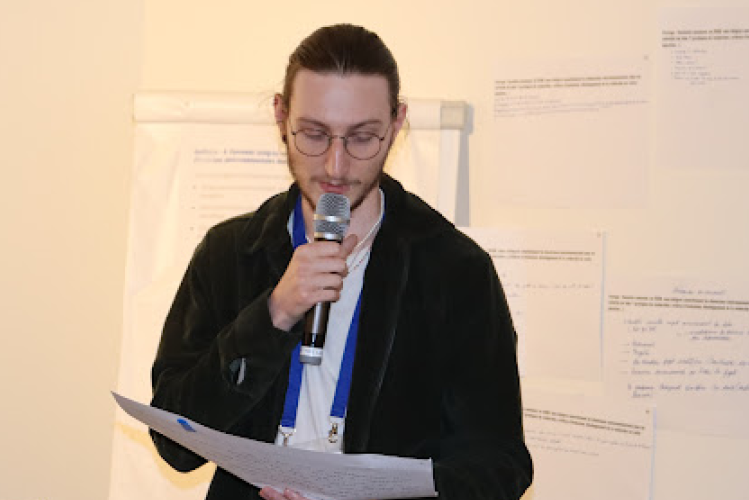
Université Lumière Lyon 2
Research on Healthcare Performance (RESHAPE), Inserm U1290, Université Claude Bernard Lyon 1
Thesis title : Study of the quality of sexual life and its psychosocial determinants among women living with HIV in France: what place for community-based approaches?
Year of registration : 2024
This thesis project in the social psychology of health aims to deepen understanding of the sexual and reproductive Quality of Life (QoL) of women living with HIV (PWHIV) in France, focusing on little-explored aspects, notably the sense of belonging to a PWHIV community. The lack of documentation on the needs of this population, combined with the persistence of HIV incidence, highlights a public health problem. The biological challenges of aging, particularly menopause, further complicate their sexual QoL. This crucial element of well-being is compromised by various psychosocial issues such as stigmatization, mental health, violence, precariousness and barriers to access to care. These challenges are accentuated by intersectional dimensions such as ethnicity and sexual practices. The thesis project aims to fill these gaps by examining the sexual QoL and psychosocial issues of FVVIH in France. It seeks to address the lack of knowledge about their QoL by highlighting the biological, psychosocial and sexual challenges they face, underlining the importance of an intersectional understanding of their sexual health realities and needs. The project is divided into three phases. The first phase explores sexual and reproductive health based on the lived experience of FVVIH. Interviews with a generational approach will be used to explore various aspects of sexual life, from sexual practices to experiences of violence, sharing status, desire and sexual pleasure. The second part focuses on the analysis of psychosocial issues and the sexual and reproductive QoL of FVVIH, using an intersectional approach with data from the ANRS VESPA 3 study. This quantitative approach, rooted in psychosocial issues, aims to understand how different systems of oppression interact to influence the QoL of FVVIH. The final part uses a qualitative approach to identify identity factors influencing the sexual QoL of FVVIH and encourage them to engage in community-based approaches. Using a methodological triangulation, the project aims to offer a nuanced understanding of the realities of PLHIV, considering their subjective experiences and the psychosocial and intersectional dimensions of their sexual and reproductive QoL.
